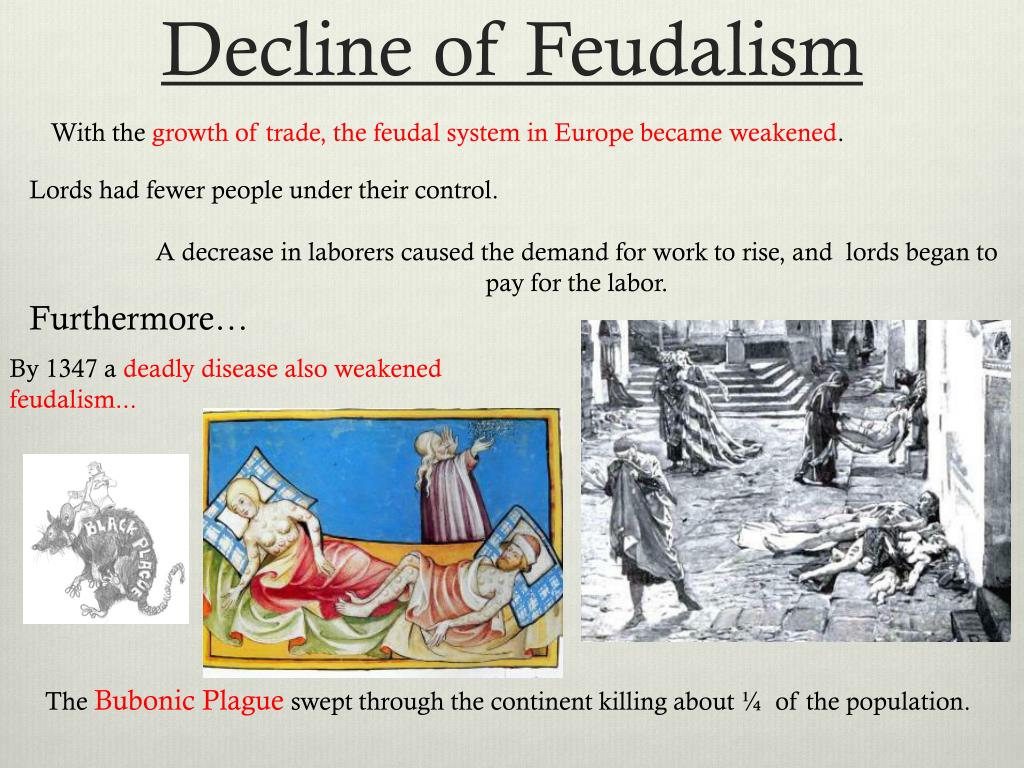

The new kings allowed the landowners to raise their own small armies that the kings could call upon to defend the kingdom.

This practice was, of course, unpopular (Heather, “The Fall of Rome”). The new kings not only wanted to tax their populous, but also wanted them to fight during times of war. When Rome fell, Europe fell into a state of constant warfare. The fall of Rome also paved the way for another major part of Europe’s history: feudalism. The fancy stone of the Roman era was, unfortunately, replaced with simple wooden structures. The economic collapse and coupled with these foreign invasions meant that much of the classical Roman architecture was lost. Jordanes, an ancient historian, mentioned how frequently the “barbarians” would sack settlements as they marched (Jordanes, “The Origin and Deeds of the Goths”). Brian Ward-Perkins, a historian and archaeologist, notes that post-Roman pottery was “ …rare and poor in quality-of badly selected clay… The resulting vessels are porous and very friable- many would score low marks as first efforts in pottery at an infants’ school.”Īlso note that the barbarian takeover itself caused economic problems. Before the collapse, one might find high quality pottery from Africa on the table of Roman citizens in Italy. It is clear that the quality of goods throughout Europe decreased significantly after the fall of Rome. The miles of Roman roads were no longer maintained and the grand movement of goods that was coordinated and managed by the Romans fell apart. Perhaps the most immediate effect of Rome’s fall was the breakdown of commerce and trade. This partially led to the rampant corruption and volatile political climate that also helped to bring about the downfall of Rome.ĭue to the many problems that plagued the Empire in its later years, the Roman Empire was carved up by barbarians and separated into many smaller kingdoms. The generals and commanders who did command the mercenaries’ loyalty were then able to command Rome itself. Of course these troops were not of the same quality as the legionaries of Rome’s golden ages, nor were they loyal to Rome. Rome was forced to hire barbarian mercenaries to defend the borders (Heather, “The Fall of Rome”). As the empire grew larger, the native Roman population grew smaller in proportion to the size of the Empire. The second main reason for Rome’s fall is not the archetypal “barbarians outside the gate” but, instead, “barbarians” (any non-Roman) inside the gates. It is clear that this author, as well as many other Romans, must have realized that the opulent lifestyle of the Roman elite was bringing the country to its knees. wrote, “ …wherewith the arts of afflict the provinces, comes the appalling greed of the provincial Governors, which is ruinous to the taxpayers’ interests” (“On Military Matters”). An unknown author who lived around 386 A.D. Corruption also helped bring about the economic collapse that plagued the late Roman Empire. Additionally, the Roman welfare system, which supported the thousands of Romans who were out of work due to the availability of slaves, taxed the Roman coffers and economy heavily. Without cheap labor and slaves to work the fields, the economy collapsed (Damen, “The Fall of Rome: Facts and Fictions”). Since Rome had relied on human labor for so many years, it had not pursued technological innovation in the field of agriculture (Dutch, “Roman Science and Technology”). Therefore, when Rome was no longer able to conquer, the supply of slaves dried up.


These slaves were obtained from the soldiers and resistance forces of conquered nations (“Roman Slaves”). In fact it is estimated that, at its peak, 25% of Rome’s population were slaves. A large portion of Rome’s economy was based on slave labor. However, there are a few factors which most scholars agree at least played a role in the empire’s collapse. This topic has been discussed and debated by innumerable scholars through the ages and historians still have no definitive answer. To understand the effects of the Roman Empire’s fall, one must first understand why the Empire fell at all. The fall of Rome not only shook the world then, but had profound effects on the next thousand years of western European history. One of the most severe and lasting impacts Rome had on Europe was, in fact, the empire’s own demise. Rome did its part in shaping the modern world, but all good things must come to an end. Although the concept of the Roman Empire and Republic being absolutely benevolent to its entire population is highly inaccurate, Rome did spread several ideas and principals which are essential to modern government and day to day life. For almost one-thousand years, Rome conquered and brought order and law to most of the known world.


 0 kommentar(er)
0 kommentar(er)
